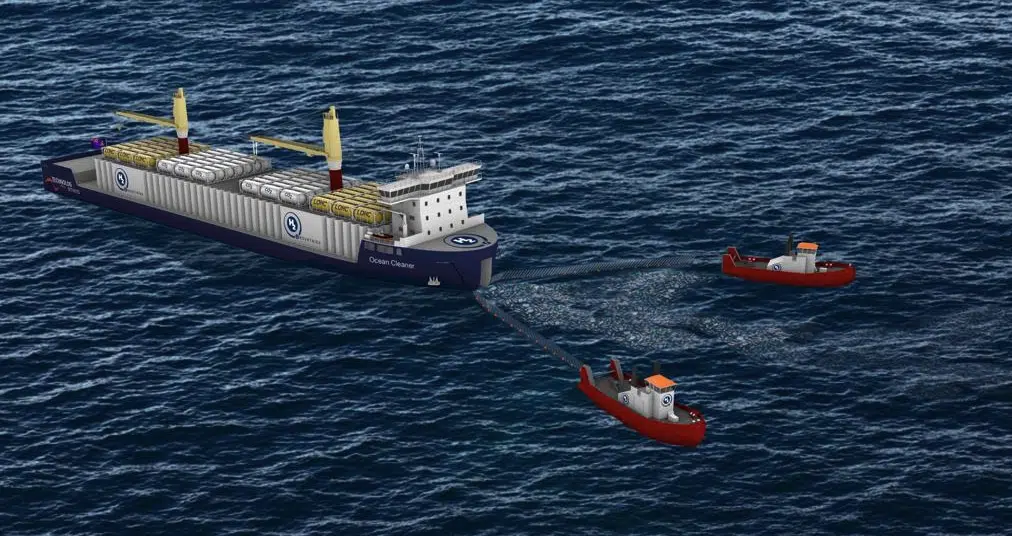A team of international scientists has warned about the dangers of becoming over-reliant on mechanical devices and machines to combat the scourge of plastic pollution in our oceans.
The group, which features some of the world’s leading experts on plastic pollution, highlights several critical problems with the reliance on machines:
- The mechanical devices have variable efficiency in what they can collect, and many of these new machines have never been adequately tested.
- Some devices have been shown to harm many more organisms like seaweed and crustaceans than the actual plastic they collect.
The scientists highlighted that while combating the effects of existing plastic pollution is important, it’s not the big picture and solution. The only way out for the world with plastic pollution is by creating effective pathways for end-of-life disposal in a sustainable and environmentally safe manner.
According to Dr. Melanie Bergmann, the lead author and marine ecologist at the Alfred Wegener Institute in Germany:
“So far, we lack hard evidence on the net benefits of plastic removal technologies. On the contrary, there is often bycatch mortality associated with these technologies, which becomes a problem if scaled up. We have to scrutinize these technologies by applying science-based criteria to prevent regrettable outcomes.”
While Professor Bethanie Carney Almroth from the University of Gothenburg also stated:
“The planet is facing a triple planetary crisis of climate, biodiversity loss and pollution, all three of which are interconnected. Our actions need to be driven by an understanding of systemic consequences; we need to evaluate the impact of existing plastics pollution on biodiversity, but we also need to understand the impacts of cleanup technologies. We must find the best paths forward to prevent harm and protect the environment.”
You can find the original research here.

